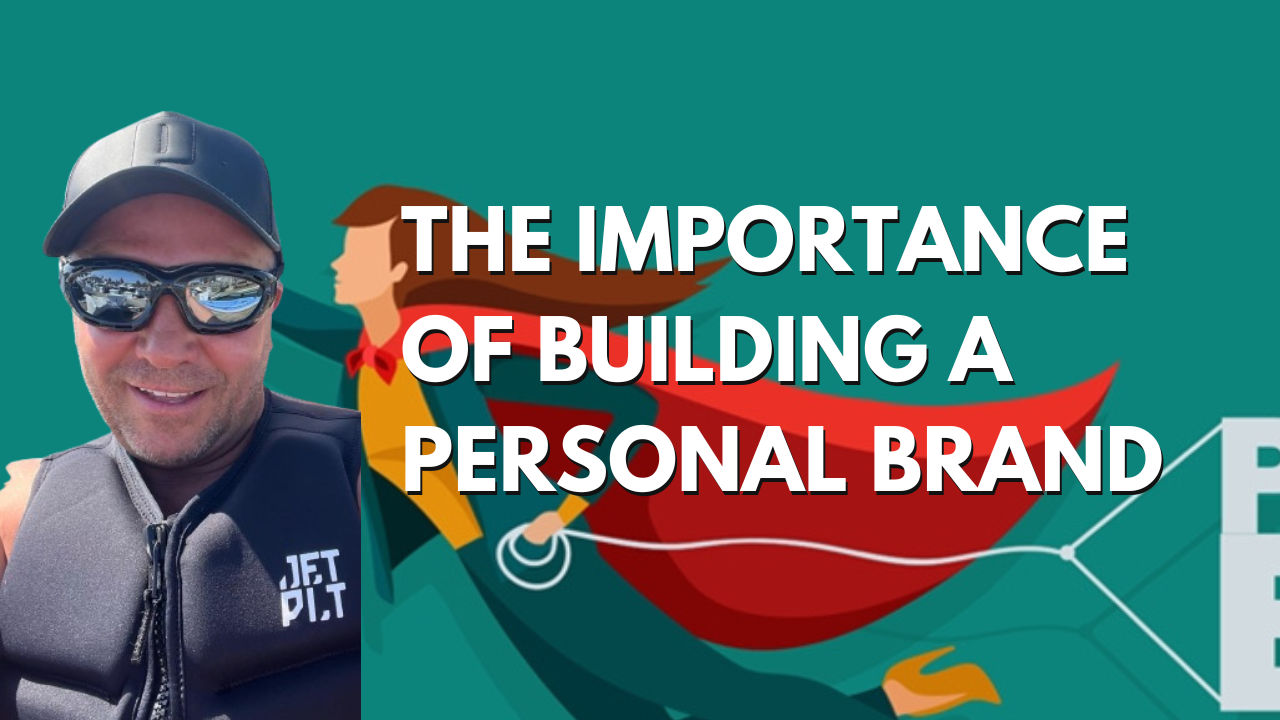In today’s interconnected world, building a personal brand has become essential for professionals across industries. A strong personal brand not only enhances your credibility and visibility but also opens doors to new opportunities and helps you stand out in a crowded marketplace. David Deicke, a successful entrepreneur and business leader, understands the power of personal branding and has leveraged it to achieve success in his career. In this blog post, we’ll explore the importance of building a personal brand and share insights from David Deicke on how to create a compelling and authentic personal brand that resonates with your audience.
Why Personal Branding Matters:

- Establishing Credibility and Authority: A strong personal brand helps establish your credibility and authority in your field of expertise. By consistently sharing valuable insights, experiences, and expertise, you position yourself as a trusted authority and thought leader, earning the trust and respect of your audience and peers.
- Differentiating Yourself from the Competition: In today’s competitive landscape, it’s not enough to be good at what you do; you need to stand out from the crowd. A well-defined personal brand sets you apart from the competition by showcasing your unique strengths, values, and personality traits that make you memorable and distinctive.
- Attracting Opportunities and Connections: A strong personal brand attracts opportunities and connections, opening doors to new career opportunities, collaborations, and partnerships. When you have a clear and compelling personal brand, you become more visible and accessible to potential employers, clients, collaborators, and mentors who align with your values and goals.
Insights from David Deicke on Building a Personal Brand:

- Define Your Brand Identity: Start by defining your brand identity, including your values, passions, strengths, and unique selling proposition (USP). Consider what sets you apart from others in your field and how you want to be perceived by your target audience. Your personal brand should authentically reflect who you are and what you stand for.
- Consistency is Key: Consistency is essential for building a strong personal brand. Ensure that your brand messaging, tone of voice, and visual elements are consistent across all your online and offline channels, including your website, social media profiles, networking events, and professional interactions.
- Share Valuable Content: Create and share valuable content that resonates with your audience and demonstrates your expertise and insights. Whether it’s blog posts, articles, videos, podcasts, or social media posts, focus on providing value and solving problems for your audience, rather than self-promotion.
- Engage with Your Audience: Engage with your audience regularly by responding to comments, answering questions, and participating in conversations related to your industry or niche. Building genuine connections and fostering relationships with your audience is key to building a loyal and engaged following.
- Continuously Evolve and Adapt: Personal branding is not static; it’s a continuous process of self-discovery, growth, and adaptation. Be open to feedback, learn from your experiences, and evolve your personal brand over time as your skills, interests, and goals evolve.
Conclusion: Building a personal brand is an investment in your professional success and long-term career growth. By defining your brand identity, maintaining consistency, sharing valuable content, engaging with your audience, and continuously evolving and adapting, you can create a compelling and authentic personal brand that resonates with your audience and opens doors to new opportunities. As David Deicke demonstrates, personal branding is not about self-promotion but about authentically sharing your story, expertise, and insights with the world. As you embark on your personal branding journey, remember to stay true to yourself, be consistent in your messaging, and always strive to provide value to your audience.

